As an advanced practice provider (APP), such as a nurse practitioner (NP) or physician assistant (PA), you have the opportunity to work in various settings, including academic institutions and private practices. Each setting offers unique advantages and challenges that can significantly impact your career and professional growth. In this article, we will explore the pros and cons of working in an academic setting versus private practice as an APP, highlighting the key differences between the two.
Working in an Academic Setting:
Pros:
1. Education and Research Opportunities:
Working in an academic setting allows you to engage in teaching, mentoring, and research activities. You may have the chance to educate future healthcare professionals, contribute to cutting-edge research, and stay up-to-date on the latest advancements in your field.
2. Professional Development:
Academic institutions often provide opportunities for continuous learning, professional development, and attending conferences or workshops. This can help you enhance your skills and knowledge base.
3. Interdisciplinary Collaboration:
Academic settings promote collaboration among healthcare professionals from various disciplines, offering a rich environment for learning and sharing ideas.
4. Prestige and Recognition:
Academic positions may come with greater prestige and recognition within the healthcare community due to your involvement in education and research.
Cons:
1. Lower Salaries: Academic positions may offer lower salaries compared to private practice, especially in the early stages of your career.
2. Limited Patient Contact:
Depending on your role, you may have less direct patient contact in an academic setting, focusing more on teaching and research activities.
3. Institutional Bureaucracy:
Academic institutions can be bureaucratic, with processes and policies that may impede efficiency and autonomy.
4. Pressure to Publish:
Working in academia often involves meeting research and publication requirements, which can be stressful and time-consuming.
Working in Private Practice:
Pros:
1. Higher Earning Potential:
Private practice settings generally offer higher salaries and income potential, especially as you build your patient base and experience.
2. Autonomy:
In private practice, you have more control over your schedule, patient care decisions, and practice management.
3. Patient Interaction:
Private practice allows for more direct patient interaction and continuity of care, fostering strong patient-provider relationships.
4. Flexibility:
Private practice may offer more flexibility in terms of work hours, patient load, and clinical focus.
Cons:
1. Administrative Burden:
Running a private practice involves significant administrative tasks, such as billing, scheduling, and managing staff, which can be time-consuming.
2. Limited Resources:
Private practices may have limited resources compared to academic institutions, such as access to research facilities, equipment, and educational opportunities.
3. Isolation:
Working in private practice can be isolating, with fewer opportunities for collaboration and peer support compared to academic settings.
4. Market Competition:
Private practice settings can be highly competitive, requiring effective marketing strategies to attract and retain patients.
Choosing between working in an academic setting and private practice as an advanced practice provider is a personal decision that depends on your career goals, preferences, and values. Both settings offer unique advantages and challenges that can shape your professional development and job satisfaction. Understanding the pros and cons of each setting can help you make an informed decision that aligns with your goals.


